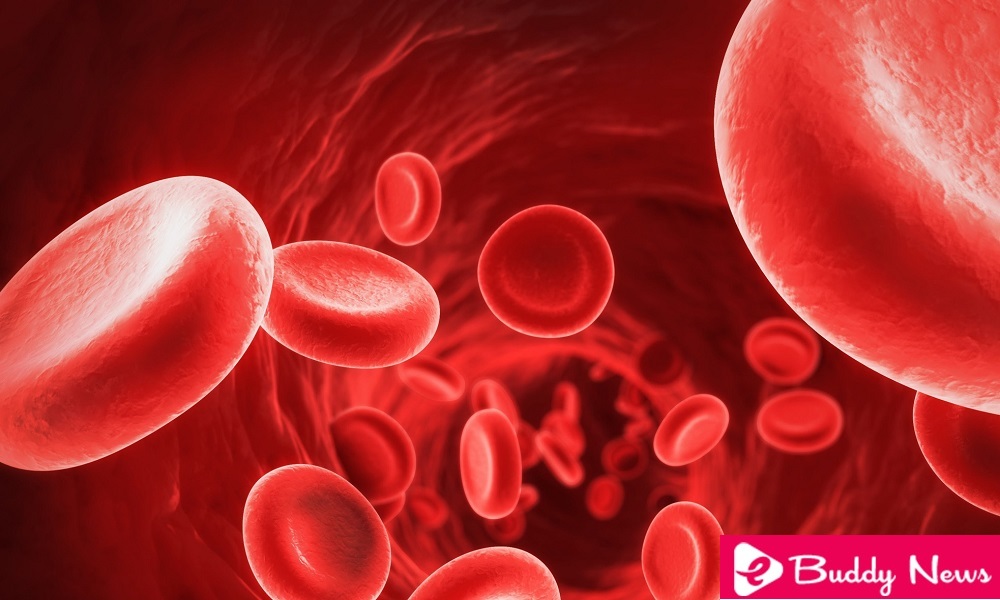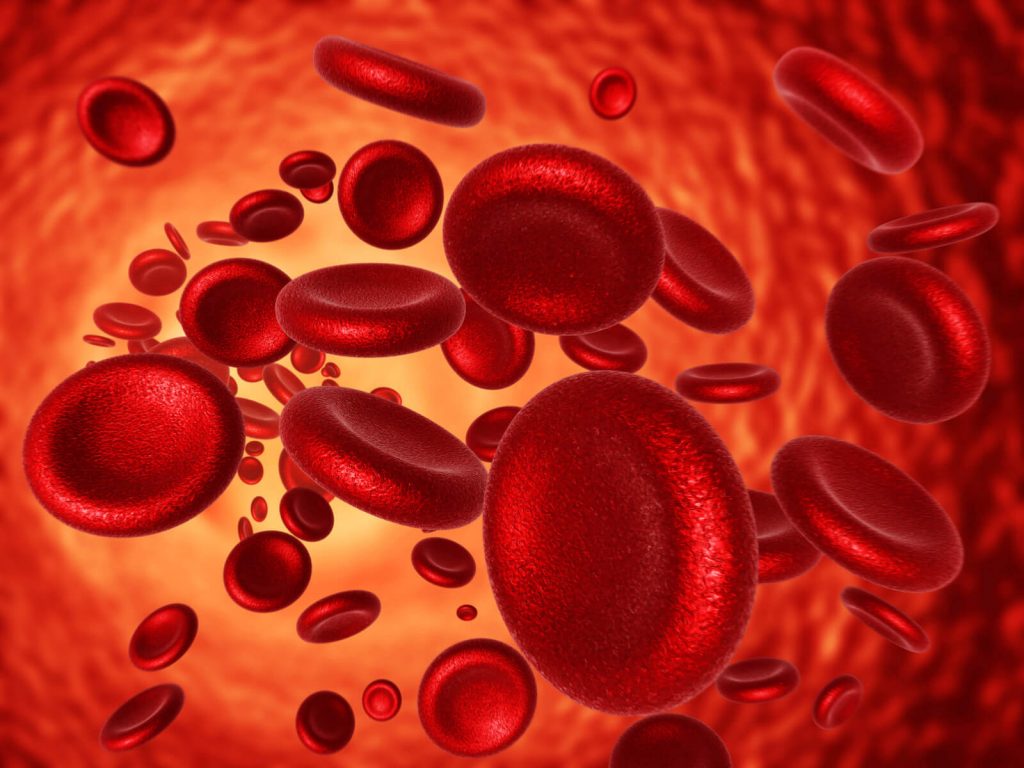Poikilocytosis Symptoms Causes and Treatment

What is Poikilocytosis?
Poikilocytosis is the medical term for having red blood cells abnormally (RBC) in your blood. Abnormally shaped blood cells are called poikilocytes. Red blood cells carry oxygen and nutrients to the tissues and organs of your body. If your red blood cells have an irregular shape, they may not be able to carry enough oxygen. Poikilocytosis is usually caused by another medical condition, such as anemia, liver disease, alcoholism, or a hereditary blood disorder. For this reason, the presence of poikilocytes and the shape of abnormal cells are useful for diagnosing other medical conditions. If you have poikilocytosis, you probably have an underlying condition that requires treatment. Read on the article to know more about the poikilocytosis symptoms.
Normally, a person’s red blood cells (also called erythrocytes) are disk-shaped with a flattened center on both sides. Poikilocytes can:
- be more flat than normal
- be elongated, crescent-shaped or tear-shaped
- have pointed projections
- they have other abnormal characteristics
Poikilocytosis Symptoms

One if the main poikilocytosis symptoms are having a significant amount (more than 10 percent) of abnormally shaped red blood cells. In general, the symptoms depend on the underlying condition. Poikilocytosis can also be considered a symptom of many other disorders.
Common symptoms of other blood-related disorders, such as anemia, include:
- Fatigue
- Pale skin
- Weakness
- Short of breath
What Causes Poikilocytosis?
Poikilocytosis is usually the result of another condition. The conditions of poikilocytosis can be inherited or acquired. Hereditary conditions are caused by a genetic mutation. The acquired conditions develop later in life.
Hereditary causes of Poikilocytosis include:
- Sickle cell anemia, a genetic disease characterized by red blood cells with an abnormal crescent shape.
- Thalassemia, a genetic disorder of the blood in which the body produces abnormal hemoglobin.
- Pyruvate kinase deficiency
- McLeod syndrome, a rare genetic disorder that affects the nerves, the heart, the blood, and the brain. Symptoms usually appear slowly and begin in mid-adulthood.
- Hereditary elliptocytosis
- Hereditary spherocytosis
Acquired causes of Poikilocytosis include:
- Iron deficiency anemia, the most common form of anemia that occurs when the body does not have enough iron.
- Megaloblastic anemia, caused by a deficiency of folate or vitamin B-12
- Autoimmune hemolytic anemias, a group of disorders that occur when the immune system mistakenly destroys red blood cells
- Liver and kidney disease
- Alcoholism or liver disease related to alcohol
- Lead poisoning
- Chemotherapy treatment and Cancer
- Severe infections
- Myelofibrosis
Diagnosis of Poikilocytosis

All newborn babies in the United States screened for certain genetic disorders of the blood, such as sickle cell anemia. Poikilocytosis can be diagnosed during a test called a blood smear. This test can be done during a routine physical exam, or if you are experiencing poikilocytosis symptoms.
During a blood smear, a doctor spreads a thin layer of blood on a microscope slide and stains the blood to help differentiate the cells. Then, the doctor sees the blood under a microscope, where you can see the sizes and shapes of the red blood cells.
Not all red blood cells will take an abnormal shape. People with poikilocytosis have normal cells mixed with cells abnormally. Sometimes, there are several different types of poikilocytes present in the blood. Your doctor will try to find out which form is the most frequent.
In addition, your doctor will probably do more tests to find out what is causing your abnormally shaped red blood cells. Your doctor can ask you questions about your medical history. So, Be sure to tell them about your symptoms or if you are taking any medication related to poikilocytosis symptoms.
Examples of Other Diagnostic Tests Include:
- Complete Blood Count (CSC)
- Serum iron levels
- Ferritin test
- Vitamin B-12 test
- Folate test
- Liver function tests
- Bone Marrow Biopsy
- Pyruvate Kinase Test
Treatment of Poikilocytosis
The treatment for poikilocytosis depends on the cause of the condition. For example, poikilocytosis caused by low levels of vitamin B-12, folate or iron is likely treated by taking supplements and increasing the amount of these vitamins in your diet. Or, doctors can treat the underlying disease (such as celiac disease) that may have caused the deficiency in the first place.
People with inherited forms of anemia, such as sickle cell anemia or thalassemia, may require blood transfusions or a bone marrow transplant to treat their condition. People with liver disease may require a transplant, while people with serious infections may need antibiotics. Anemia caused by a genetic disorder, such as sickle cell anemia, will require lifelong treatment, but recent medical advances have improved the outlook for people with certain genetic blood disorders.















